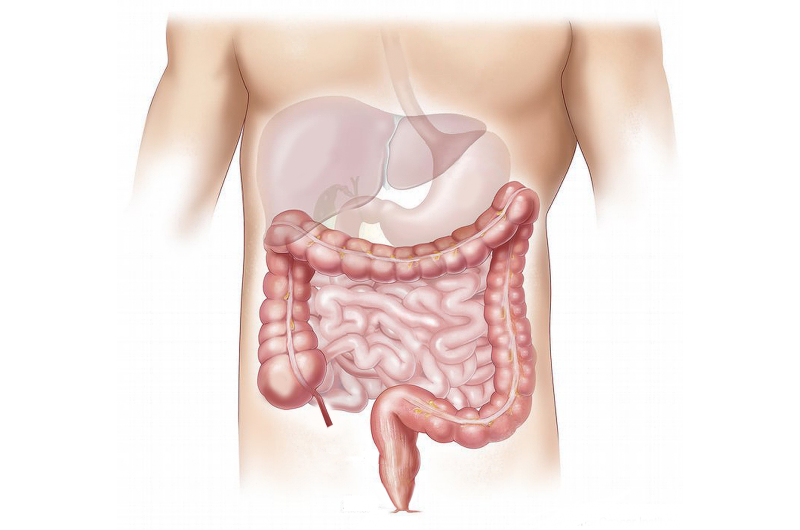First-Year Experiences of First-Time Parents in Denmark: Insights from Recent Research

A comprehensive study reveals that most first-time parents in Denmark feel confident and competent during their child's first year, emphasizing the importance of tailored support and evolving parental roles.
Recent research from the University of Copenhagen sheds light on how first-time parents in Denmark navigate their initial year with a newborn. Contrary to stereotypical notions of parental insecurity and stress, the study reveals that most new parents feel competent and adapt well during this pivotal time. The study analyzed responses from around 1,500 mothers and 700 fathers across 26 municipalities, collected when their children were 2, 4, 7, and 11 months old.
Ida Egmose Pedersen, an assistant professor at the Department of Psychology, emphasizes that parental competence is less about having all the answers in advance and more about the process of trial and error that helps parents discover what works for their unique family dynamic. While participation was voluntary and may overrepresent higher-educated parents of Danish origin, the findings highlight the importance of ongoing support for new parents, especially considering the declining mental well-being observed among young people nationwide.
Interestingly, certain groups experience more challenges. Mothers of premature babies and those outside the labor market report greater difficulties and higher stress levels. Additionally, fathers living in rural areas tend to feel more stressed and less satisfied with parenthood than their urban counterparts. Pedersen advocates for strengthened networks and support systems for fathers in rural communities, especially with recent policies extending parental leave.
The study also notes that the experiences of mothers and fathers differ over time. Mothers initially report higher stress levels, but their confidence tends to grow as their child approaches 11 months. Families with more balanced parental leave and higher education levels tend to share parenting tasks more equally. Although this research was conducted prior to the implementation of recent parental leave reforms, follow-up studies are planned to assess whether these policies promote greater equality and shared parenting experiences.
Source: Medical Xpress
Stay Updated with Mia's Feed
Get the latest health & wellness insights delivered straight to your inbox.
Related Articles
Link Between Aerobic Fitness, Body Fat, and Mental Health in Children
A recent study reveals that higher aerobic fitness and lower body fat are linked to fewer anxiety and depression symptoms in children, highlighting the importance of physical activity for mental wellness.
Innovative Online Program Supports Body Confidence in IBD Patients
A new online program developed by Flinders University aims to improve body image and emotional well-being for people with Inflammatory Bowel Disease, combining mindfulness and cognitive therapy techniques.
Impact of Housing Interventions on Emergency Room Visits Among Homeless Individuals in Washington State
Supportive housing programs in Washington state have significantly reduced emergency room visits among homeless individuals, improving health outcomes and reducing healthcare costs. Learn how stable housing and onsite services make a difference.
Parental Confidence Waning for Children with Health Conditions at the Start of School Year
Many parents of children with health conditions feel less confident about supporting their child's school year, highlighting the importance of collaboration and tailored support strategies for academic and social success.



